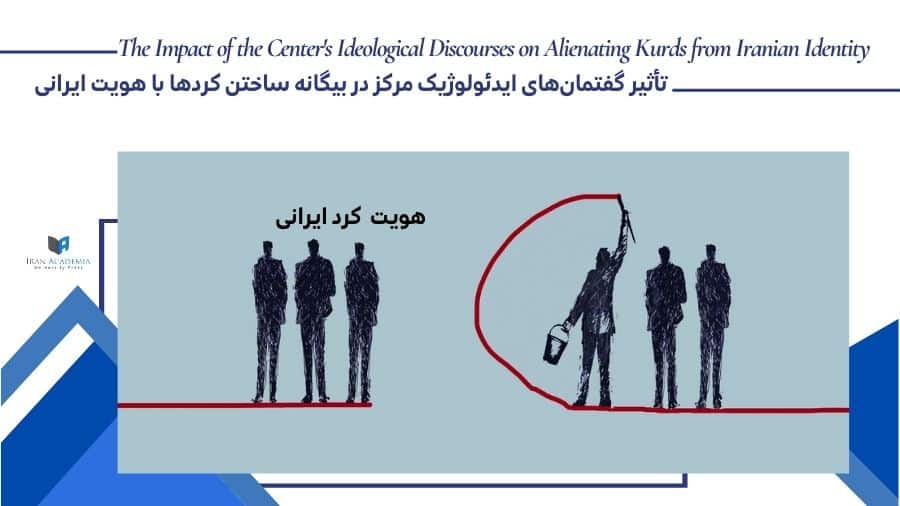Abstract:
The advent of modernity and the responses of Middle Eastern countries to it brought about significant shifts in individual, ethnic, and religious identities, with nations striving to emphasize cultural, national, and linguistic distinctions. In Iran, the Constitutional Revolution marked the beginning of modern discourses, leading to the developing of a national identity intertwined with religious identity. However, the inability of the Constitutional Revolution to actualize modern ideals caused many Iranian intellectuals to abandon the revolution’s principles, resulting in the rise of an enlightened dictatorship that sought to impose modernity by force.
This dictatorship, supported by intellectuals and grounded in Iranian nationalist ideology, employed education and repression to suppress and eliminate the identities and languages of minority groups, including the Kurds. Even after the 1979 revolution, this denial persisted through the framework of a national religious ideology, marginalizing Kurds due to their distinct religion and ethnic identity. This study aims to examine the extent to which the policies and discourses of the central government and intellectual elites contributed to the alienation of Kurds from Iranian identity. It also explores how this alienation has led Kurds to seek an alternative identity distinct from the center, to reclaim their subjectivity and agency.
Additionally, the study will investigate the unequal distribution of economic, educational, cultural, and sports resources over the past century, during both the Pahlavi dynasties and after the 1979 revolution. Furthermore, it will address the limited participation of Kurds in state decision-making and local administration. The research argues that this persistent marginalization has deepened the division between the center and the periphery, reinforcing the Kurdish belief that they are not treated as equal citizens in Iran, and that separation from the center may be the only path to securing their fundamental rights, access to resources, and preservation of their identity.


